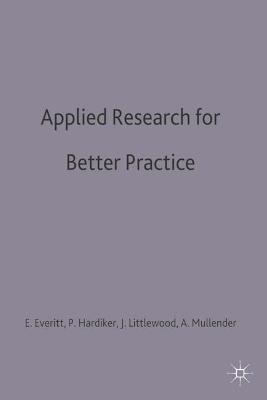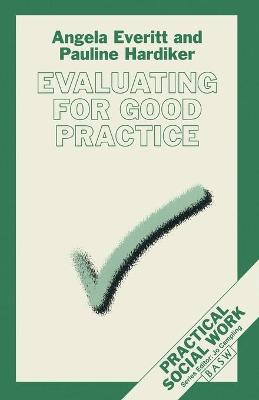Practical Social Work
2 total works
Applied Research for Better Practice
by Angela Everitt, Pauline Hardiker, Jane Littlewood, and Audrey Mullender
Published 2 September 1992
Addressing the alienation of practitioners from positivist and quantitative research, this book shows how research can be compatible with how practitioners collect and understand data. Drawing on research approaches that take account of subjectivity and employ participative methods, the authors develop an approach to practice for the research- minded practitioner. Whilst useful for practitioners wanting to do research, the primary intention of this book is to explore ways in which practitioners may be research-minded in their work.
With the changing political economy of social welfare, evaluation has become prevalent in the personal social services and voluntary sector organisations. This text argues that rational-technical and pluralist models of evaluation may collude with new managerialism to act as powerful processes of control. Alternative critical models of evaluation, which take account of power, are explored, so as to enable practitioners to take responsibility for evaluating practice, both in order to inhibit poor, or even corrupt, practice, and to promote good practice.

